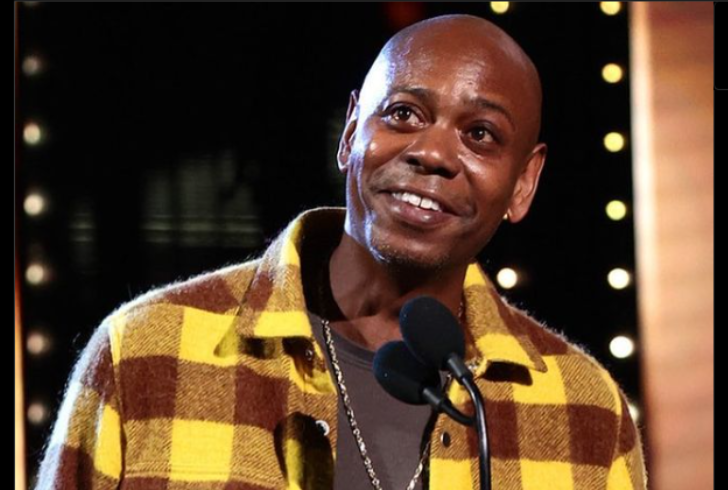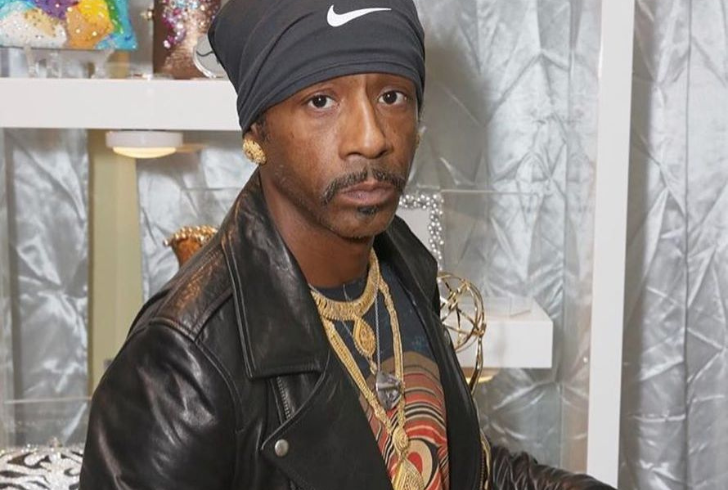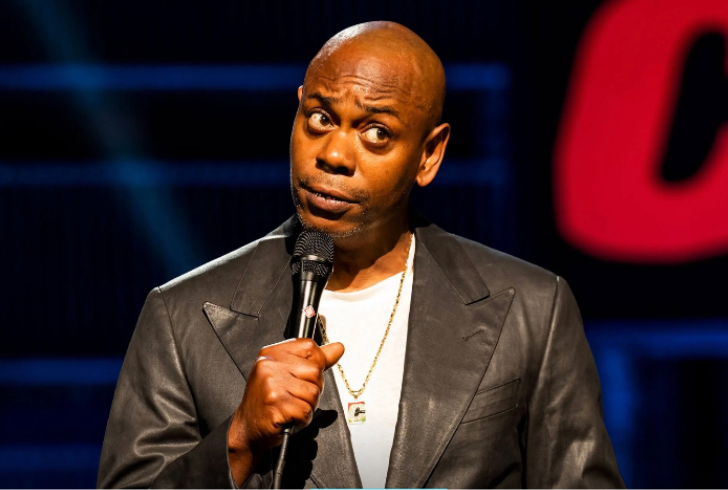The comedy world is buzzing like a hive after Katt Williams’ fiery interview on Shannon Sharpe’s Club Shay Shay podcast, where he unleashed a blistering critique of several fellow Black comedians. Enter Dave Chappelle, the king of stand-up swagger, who took the stage at the Hollywood Improv and threw his punchline right back at Williams.
“Katt is going to kill us all,” Chappelle quipped to the packed crowd, a grin playing on his lips. He then turned to DeRay Davis, the night’s host, and delivered a deadpan, “Marlon Wayans called me and told me you said, ‘What Katt did was good for comedy.’ No, it’s not.”

Ouch. That’s gotta sting harder than a heckler with a bad joke. But Chappelle wasn’t done. He launched into a dissection of Williams’ interview, unpacking the controversy with the precision of a master storyteller.
Where’s the Beef? Chappelle Takes Aim at the Target
“He only ethered n****s,” Chappelle said, his voice laced with a mixture of amusement and disappointment. “He didn’t say anything about any of these white boys, and none of these white boys function like that.”
The point is clear: Williams’ outburst, while undeniably entertaining, lacked a certain balance. It felt like an internal beef spilling out onto the public stage, a laundry list of grievances aired without consideration for the wider picture.
More Than Just Jokes: The Power and Peril of Public Criticism

“Katt is one of the best painters in the game,” Chappelle acknowledged, recognizing Williams’ comedic talent. “So why are you drawing all ugly pictures of us? Stop.”
It’s a powerful metaphor. Words, like brushstrokes, can paint beautiful portraits or leave grotesque smudges. In the public eye, every comedian holds a brush, shaping not just individual reputations but the perception of an entire community.
Beyond the Barbs: A Plea for Unity and Empathy
While Chappelle admitted to seeing some truth in Williams’ barbs, he ultimately questioned the motive behind them. “What part of the game f***s up another n***a’s paper? What part of the game is about telling on another n***a?” he asked, his voice tinged with genuine concern.
It’s a valid question. Comedy thrives on competition, yes, but at what cost? Is tearing down colleagues the only path to success? Can’t we celebrate the diversity of comedic voices while holding each other up, and sharing insights instead of throwing shade?
Chappelle’s Call to Arms: Embrace the Spectrum of Comedy
Chappelle, ever the wise observer of the human condition, offered a hopeful alternative. “All of us are trying to be in a better situation,” he said. “Can we get over it? We shouldn’t have one type of humor. We should embrace all of our humor.”
In a world often divided by labels and expectations, Chappelle’s message resonates. Comedy, like humanity itself, is a beautiful tapestry woven from countless threads. Let’s celebrate the full spectrum of laughter, from the biting satire to the goofy slapstick, without resorting to hurtful comparisons or petty squabbles.
Beyond the Headlines: A Look at the Wider Context

The Chappelle-Williams exchange is just one facet of a larger conversation about Black entertainment and intra-community dialogue. Voices like Kevin Hart and Marlon Wayans have also weighed in, adding their perspectives to the mix.
Ultimately, this is a conversation worth having, not just for comedians but for all of us. How do we navigate the delicate balance between honest critique and harmful negativity? How can we celebrate individual achievements while fostering a spirit of support and collaboration?
The Final Punchline: Laughter, Unity, and the Road Ahead
As the dust settles on this comedic dust-up, one thing is clear: the world of comedy needs more unity, more empathy, and a whole lot more laughter. Let’s take a cue from Chappelle’s wise words and paint our portraits, not with ugly accusations, but with vibrant strokes of acceptance, collaboration, and shared laughter. After all, isn’t that what comedy is all about?




